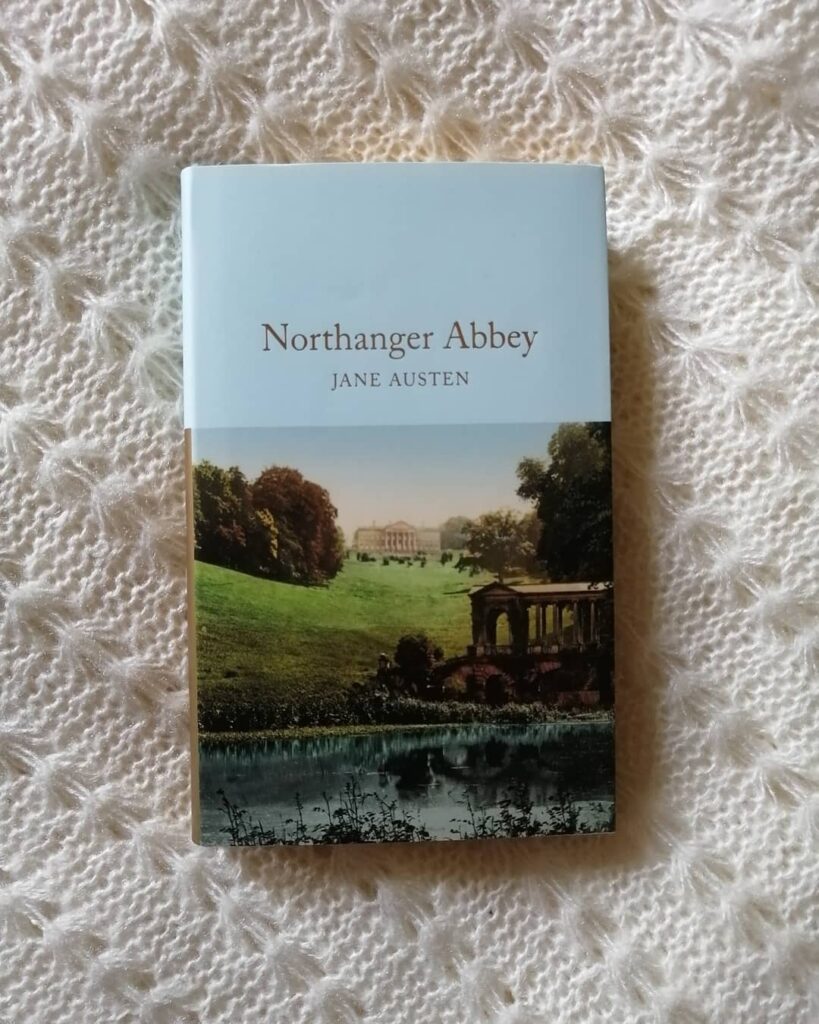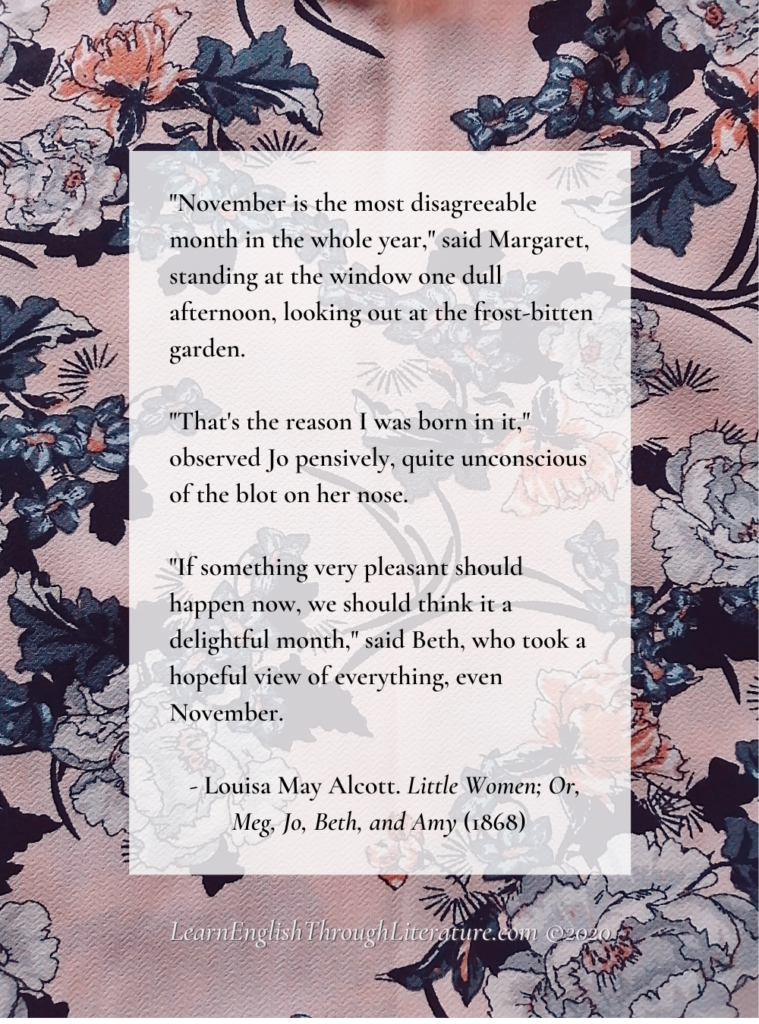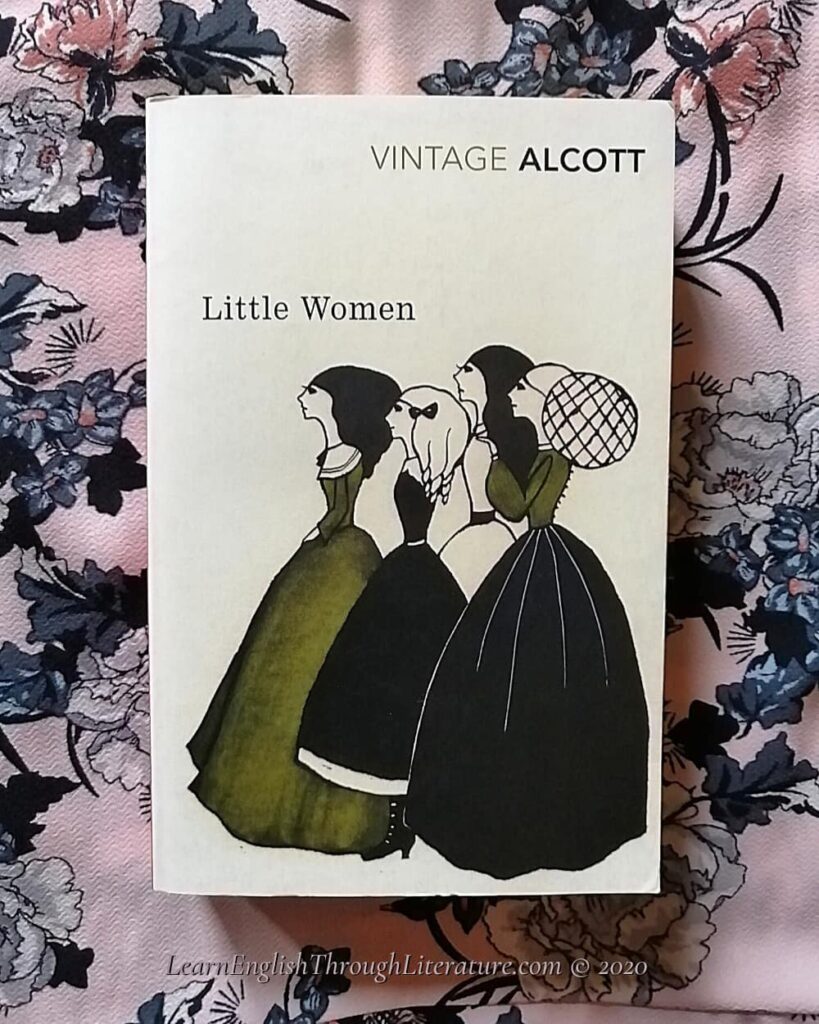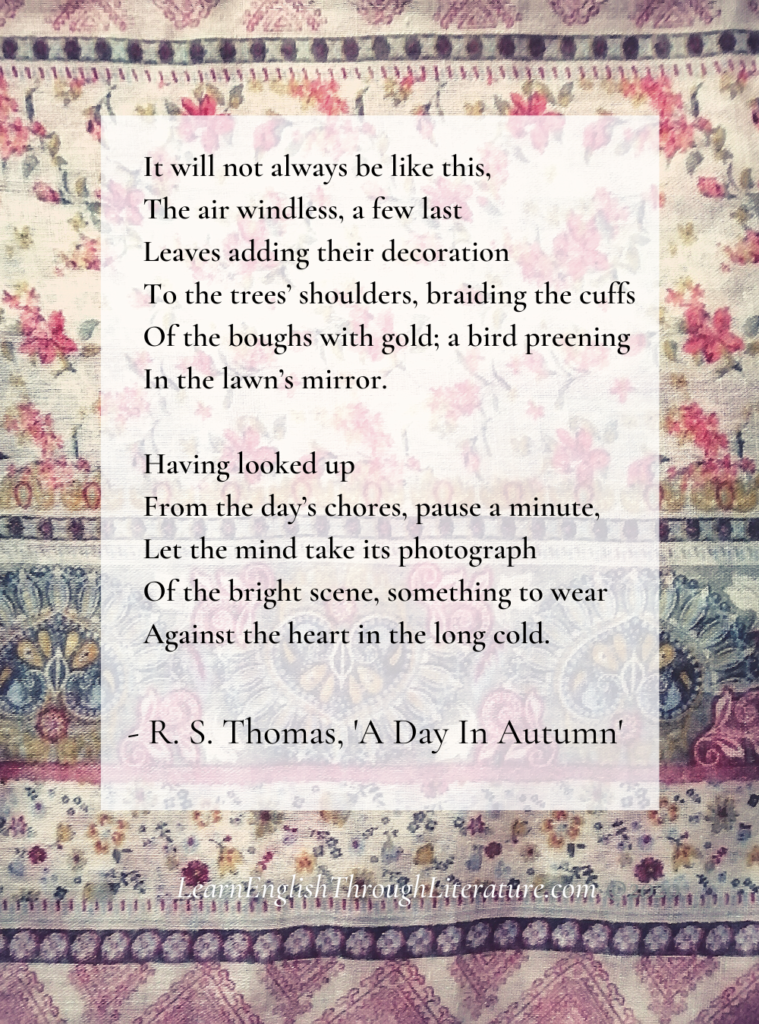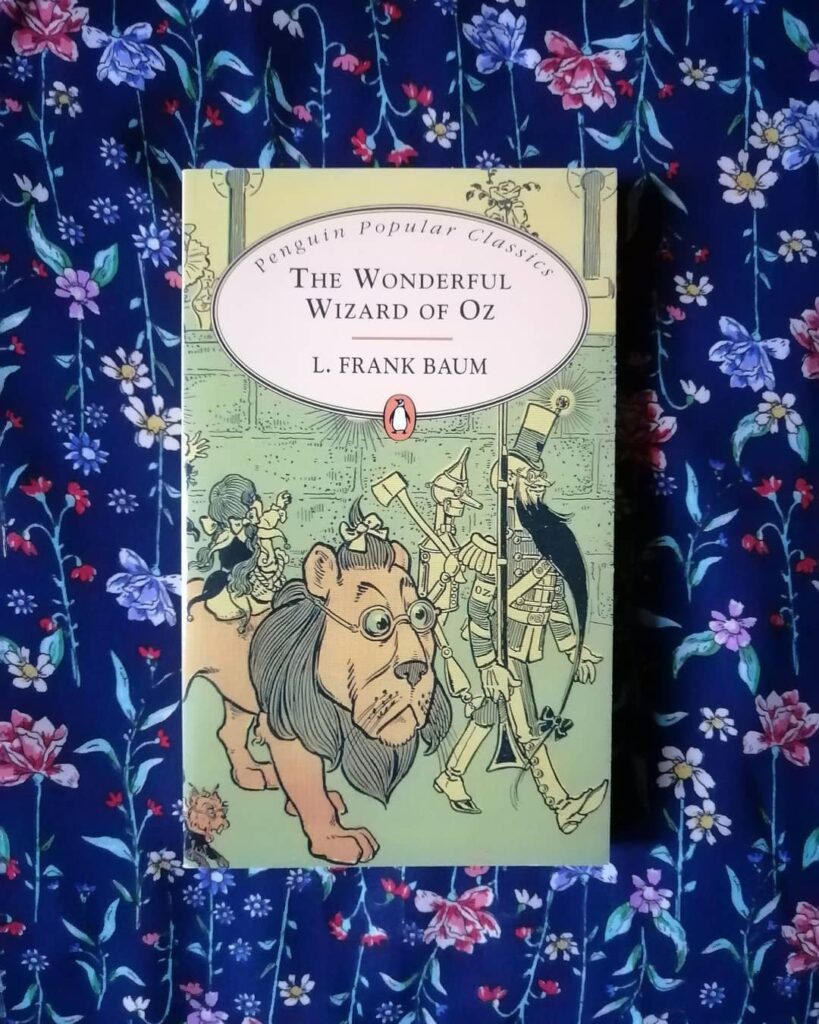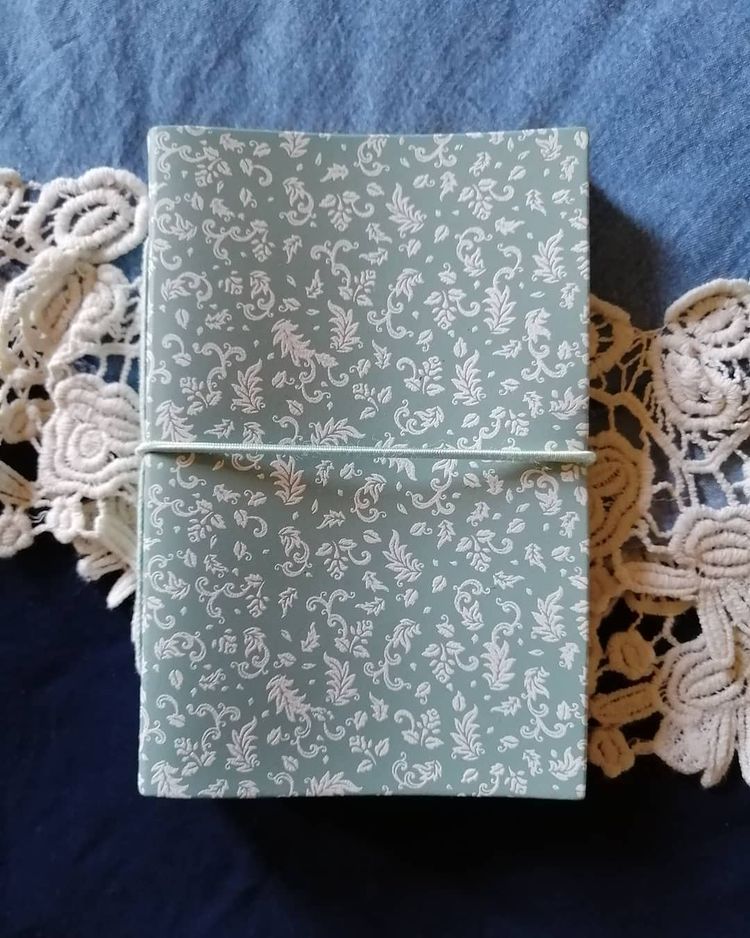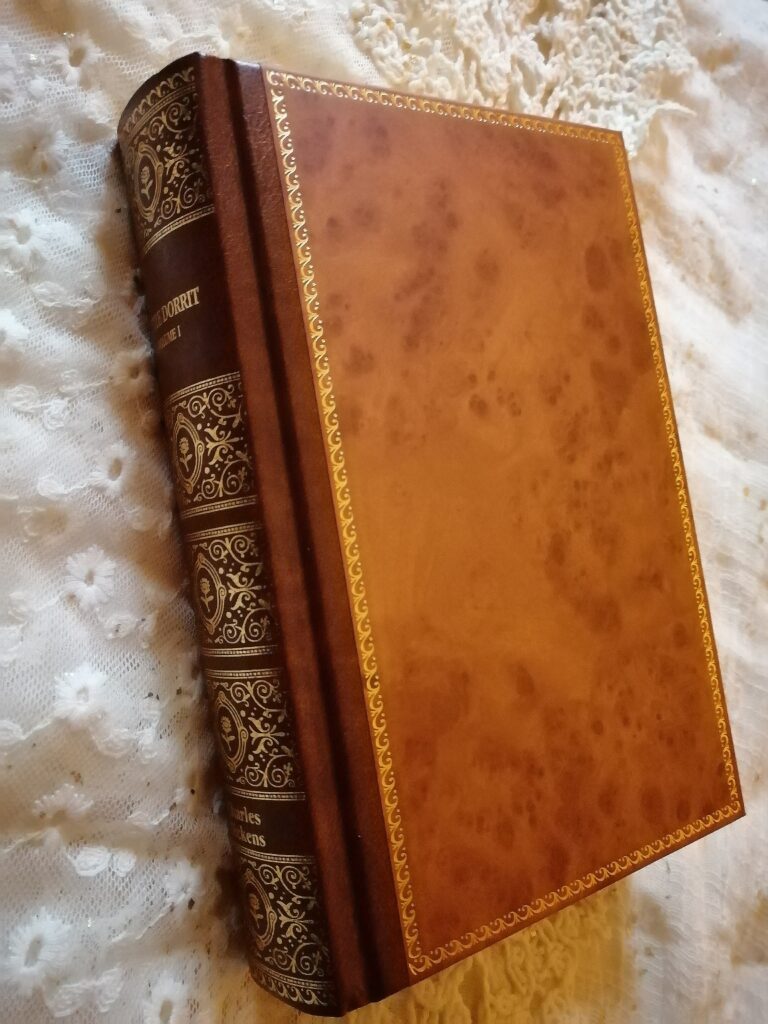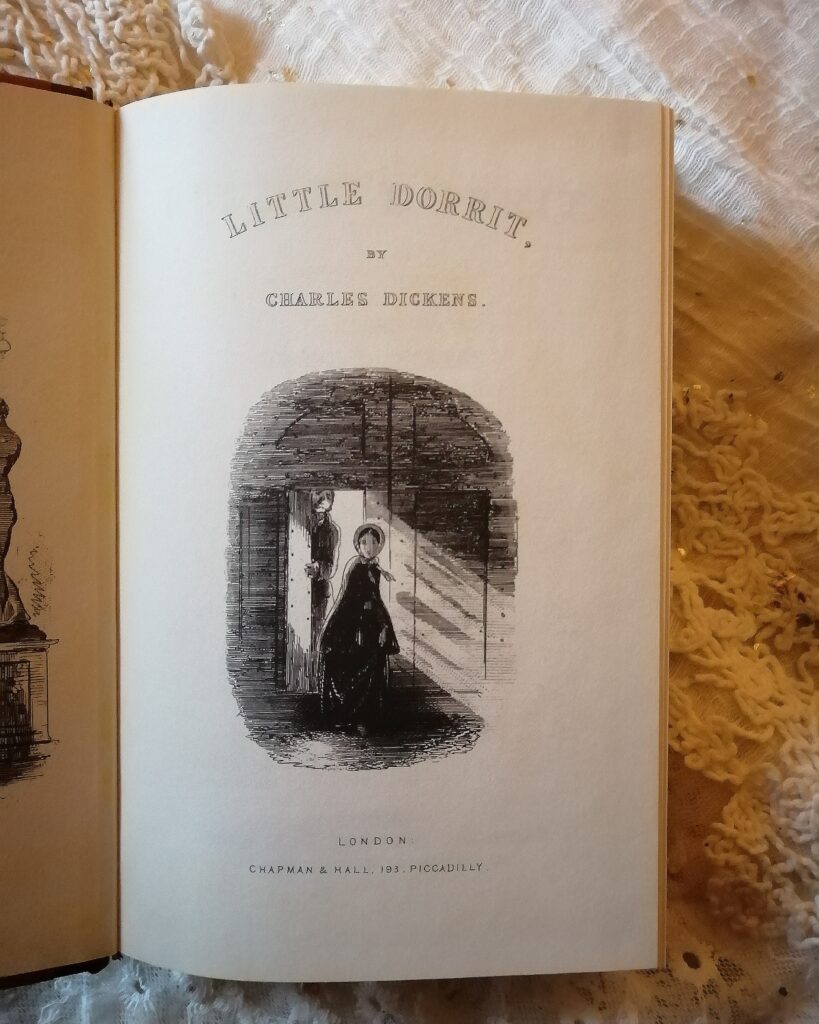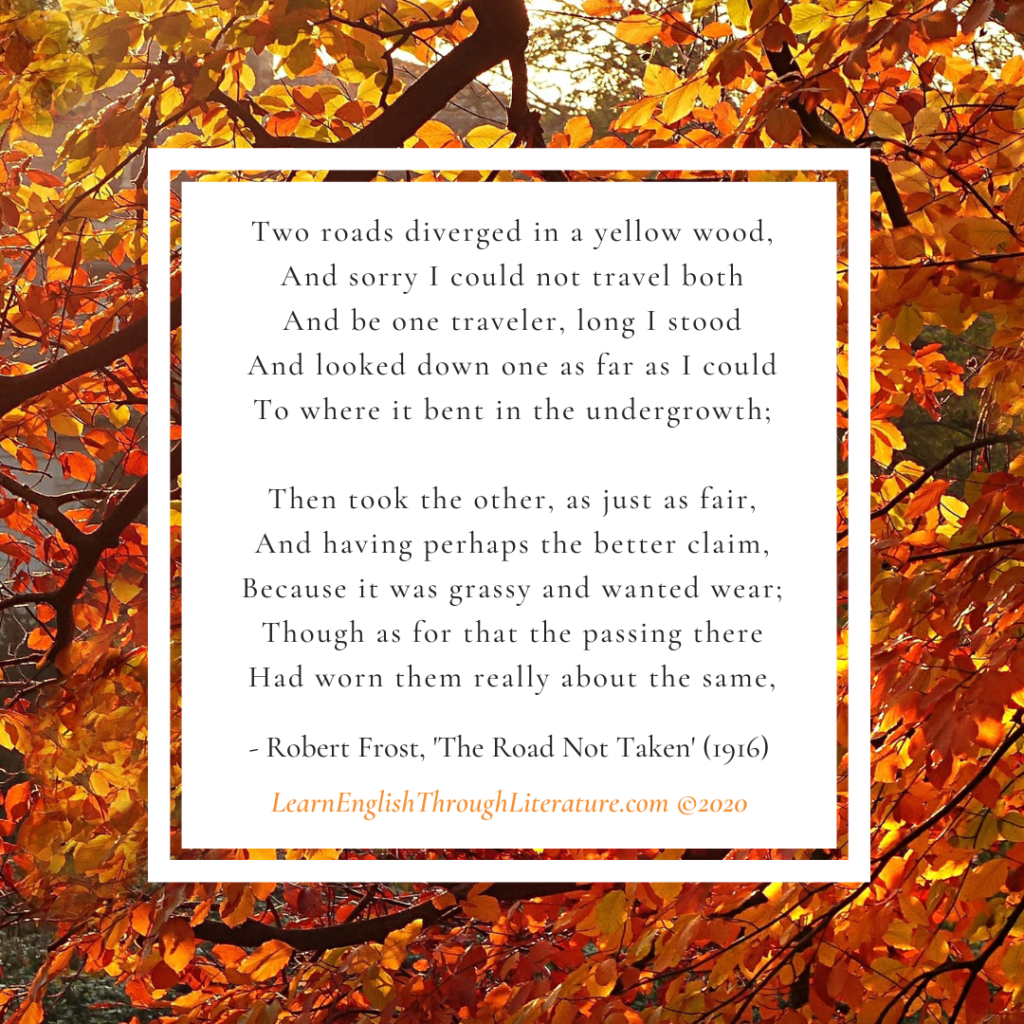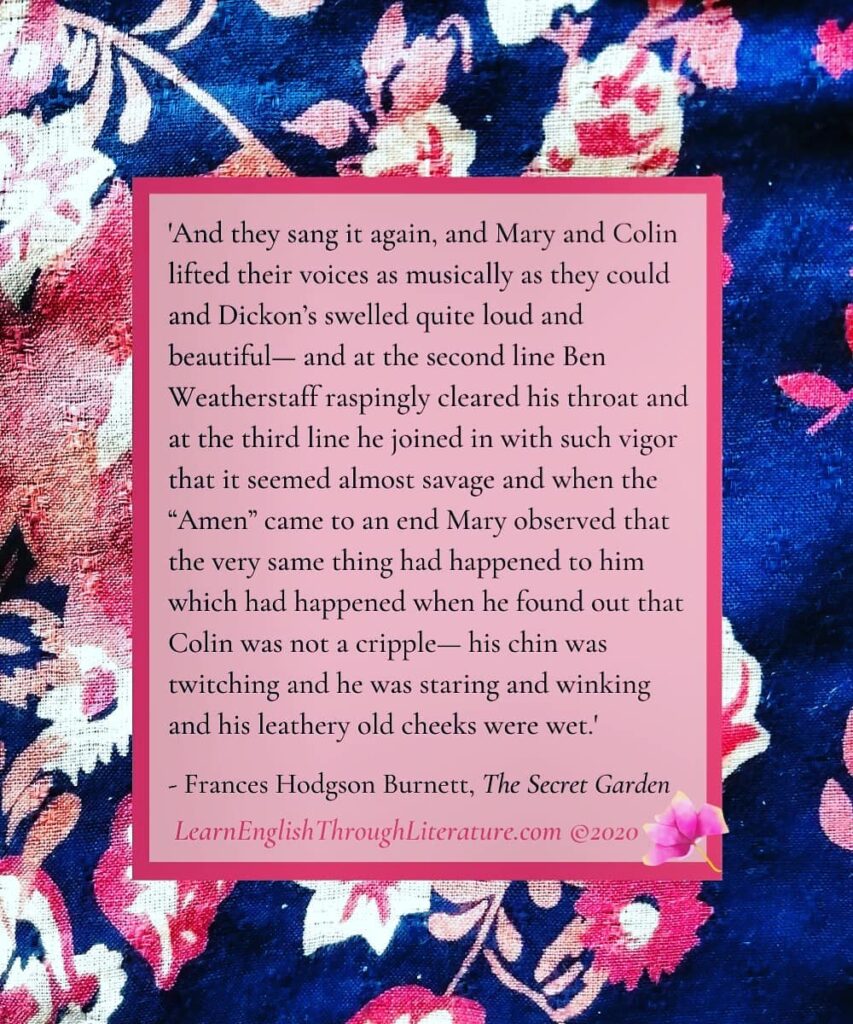Lesson #150 (Part 1): When Should You Use ‘Shall’ Vs. ‘Will’?
📘 ‘I beg, Catherine, you will always wrap yourself up very warm about the throat, when you come from the rooms at night; and I wish you would try to keep some account of the money you spend; I will give you this little book on purpose.’ – Jane Austen, Northanger Abbey (1817) Have you […]
Lesson #150 (Part 1): When Should You Use ‘Shall’ Vs. ‘Will’? Read More »

